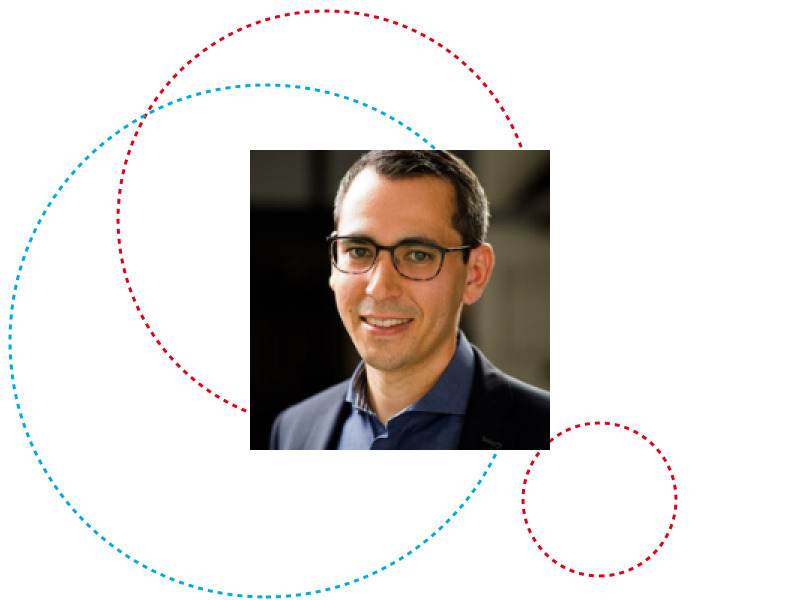Registration and event link: https://unilu.webex.com/unilu/onstage/g.php?MTID=e7aeb986bca7b69e9422357cea7f54f9d
Members of the defense committee:
- Chairman: Prof. Martin Theobald, University of Luxembourg
- Deputy Chairman: A-Prof. Sylvain Kubler, University of Lorraine, France
- Supervisor: Prof. Yves Le Traon, University of Luxembourg
- Member: Prof. Payam Barnaghi, University of Surrey, United Kingdom
- Member: Prof. Zaslavsky Arkady, Deakin University, Australia
The vision of the Internet of Things (IoT) promises novel, intelligent applications to improve services across all industries and domains. Today, the Web is the primary enabler for integrating data from distributed networks, with more and more sensors and IoT gateways connected to it. However, semantic data models, standards and vocabularies used by IoT vendors and service providers are highly heterogeneous, which makes efficient data discovery and integration a challenging task. This circumstance gave rise to large-scale IoT ecosystems in which a wide range of service providers and data consumers have to cooperate to achieve semantic interoperability. Industrial and academic research initiatives increasingly rely on Semantic Web technologies and ontologies for the description of Things, observations, sensor networks as well as IoT services as a mean to establish semantic interoperability in IoT ecosystems.
In this dissertation, we claim that ontology recommendation can form a key building block to achieve the required consensus on data and service modeling in the IoT. In this context, we make the following contributions: First, we conceptualize the task of ontology recommendation and evaluate existing approaches with regard to IoT ecosystem requirements. We identify several limitations in ontology recommendation, especially concerning the IoT, which motivates the main focus on ontology ranking in this dissertation. Second, we propose a novel approach to ontology ranking that offers a fairer scoring of ontologies if their popularity is unknown and thus helps in providing a better recommendation in the current state of the IoT. Third, we propose a novel ontology ranking evaluation benchmark to address the lack of comparison studies for ontology ranking approaches as a general issue in the Semantic Web. Lastly, we present an IoT ecosystem application to support data providers in semantically annotating IoT data streams with integrated ontology term recommendations and perform an evaluation based on a smart parking use case.
In summary, this dissertation presents the advancements of the state-of-the-art in the design of ontology recommendation and its role for establishing and maintaining semantic interoperability in highly heterogeneous and evolving ecosystems of inter-related IoT services.
